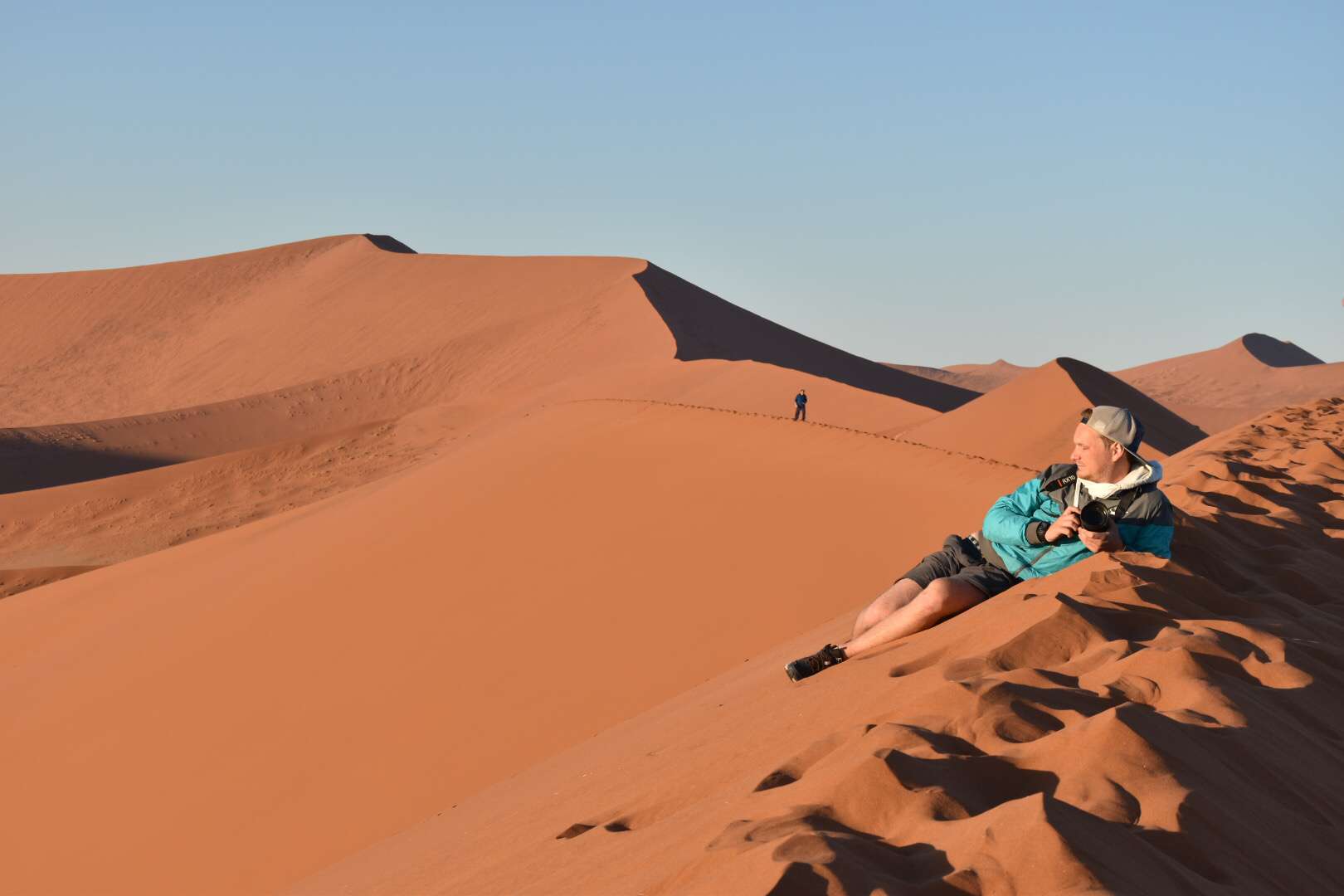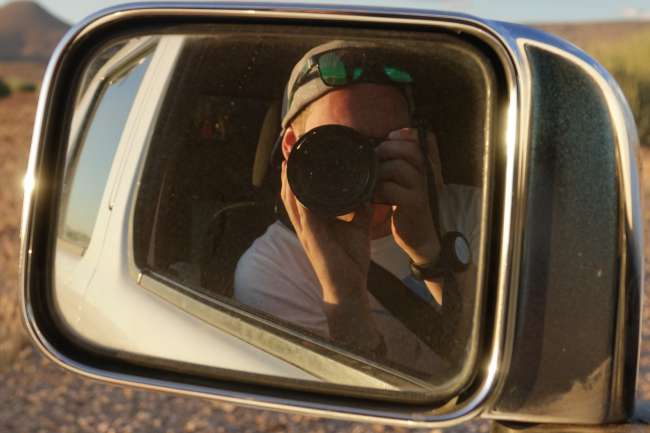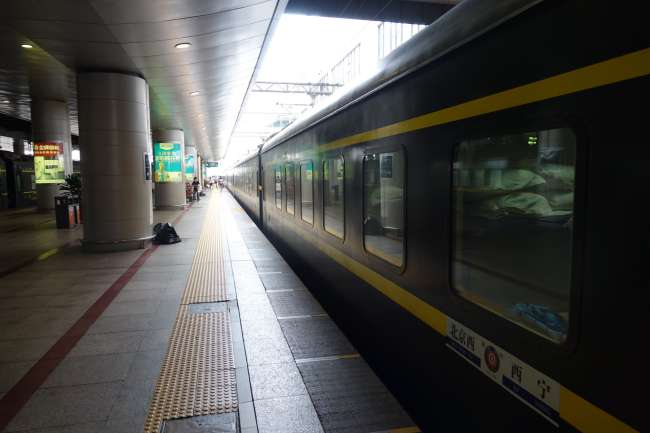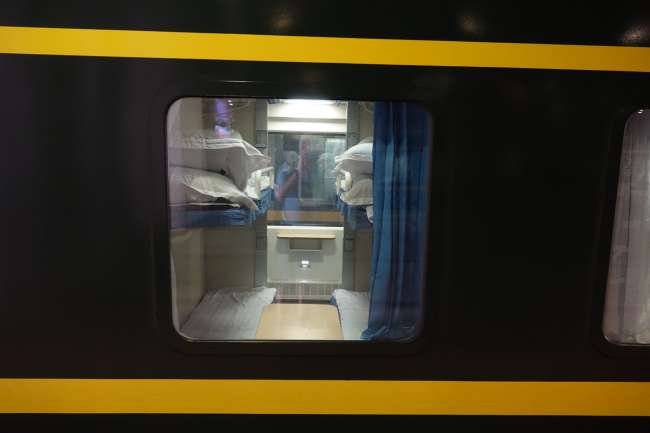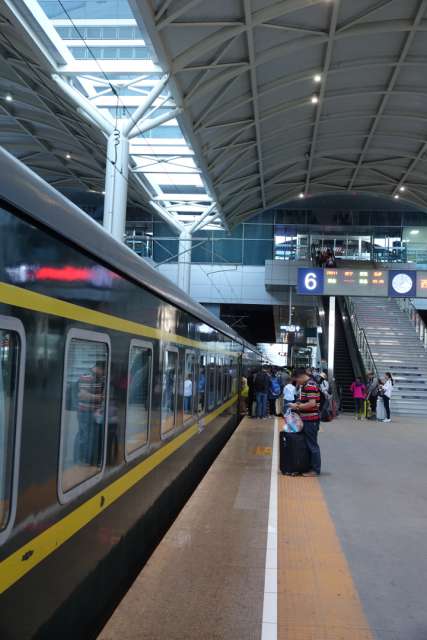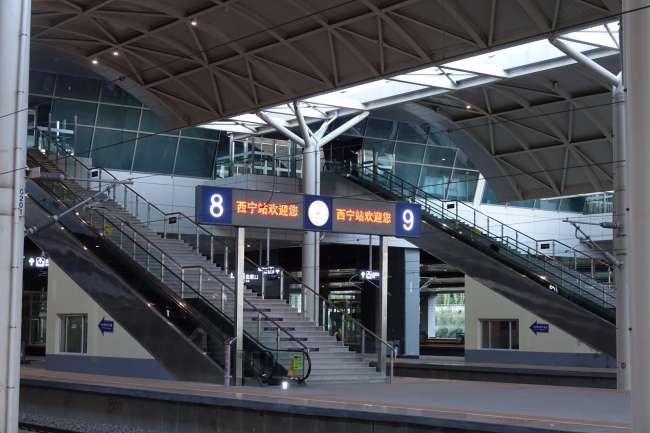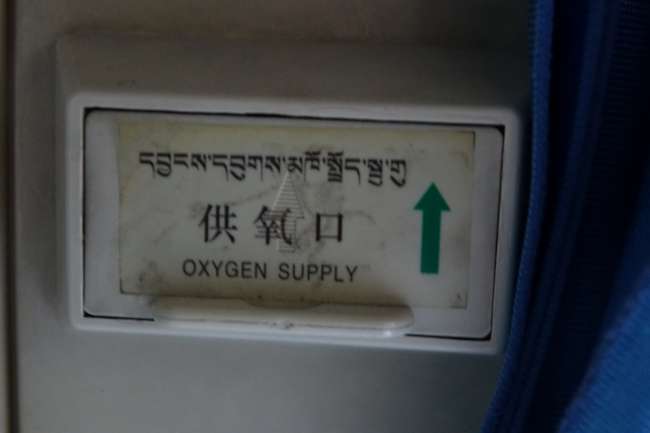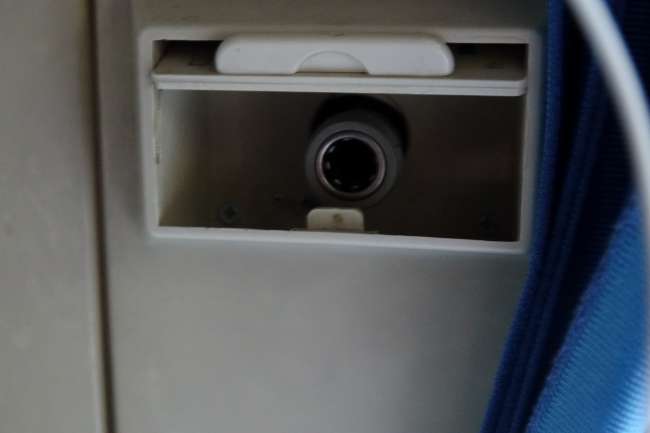Day 93, 94 and 95 train journey to Lhasa
প্ৰকাশিত: 20.07.2017
নিউজলেটাৰ চাবস্ক্ৰাইব কৰক
We were driven to the West Railway Station in Beijing with all our luggage. After identity and ticket checks, we were able to enter the train station. Our train to Lhasa departed at 16:03. However, we had to transfer to another train in Xining.
Boarding time for our train was at 15:30. As it is currently summer vacation in China, the train was fully booked. This meant that our group was separated. Not only were we accommodated in different compartments, but we were also scattered throughout the entire train.
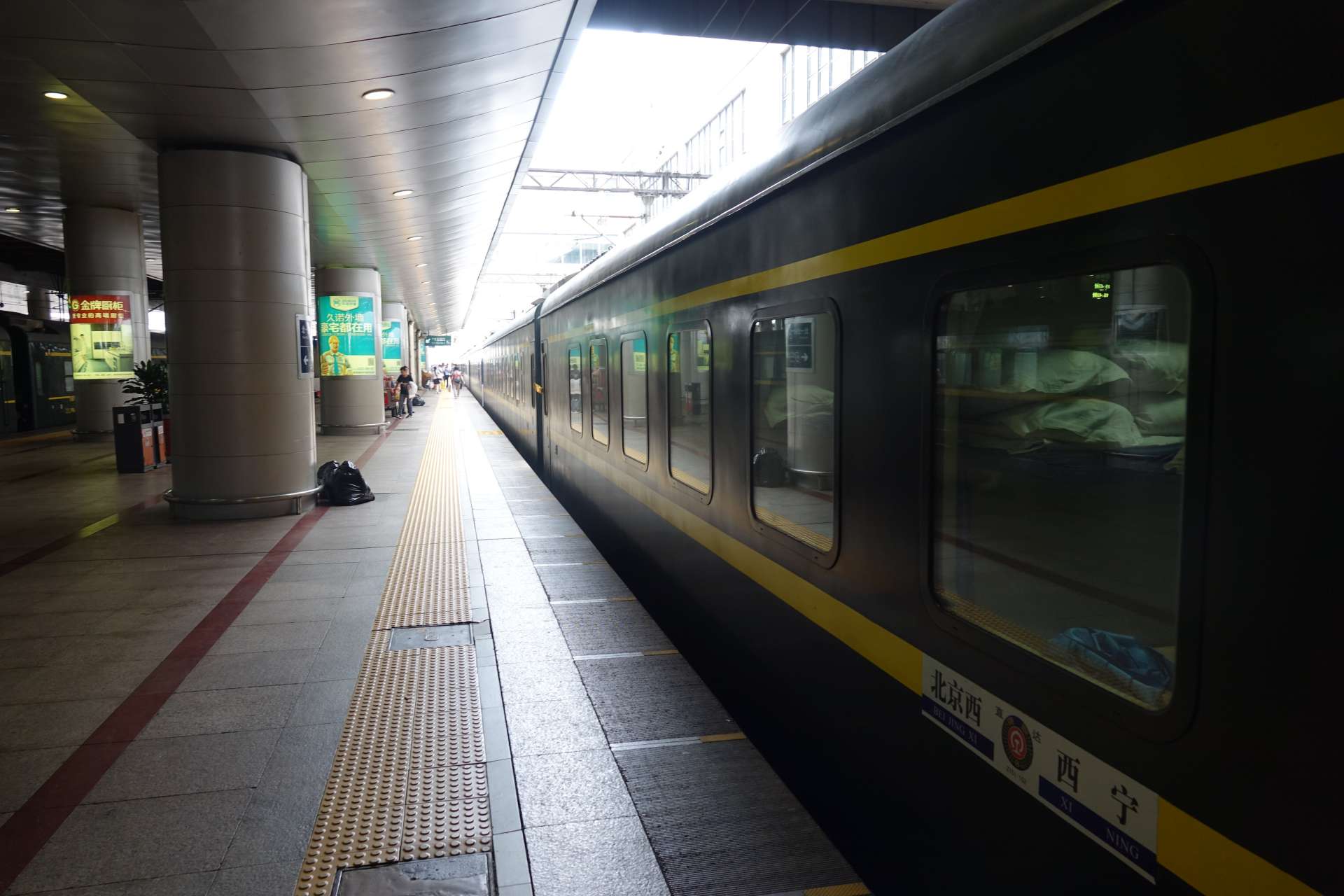
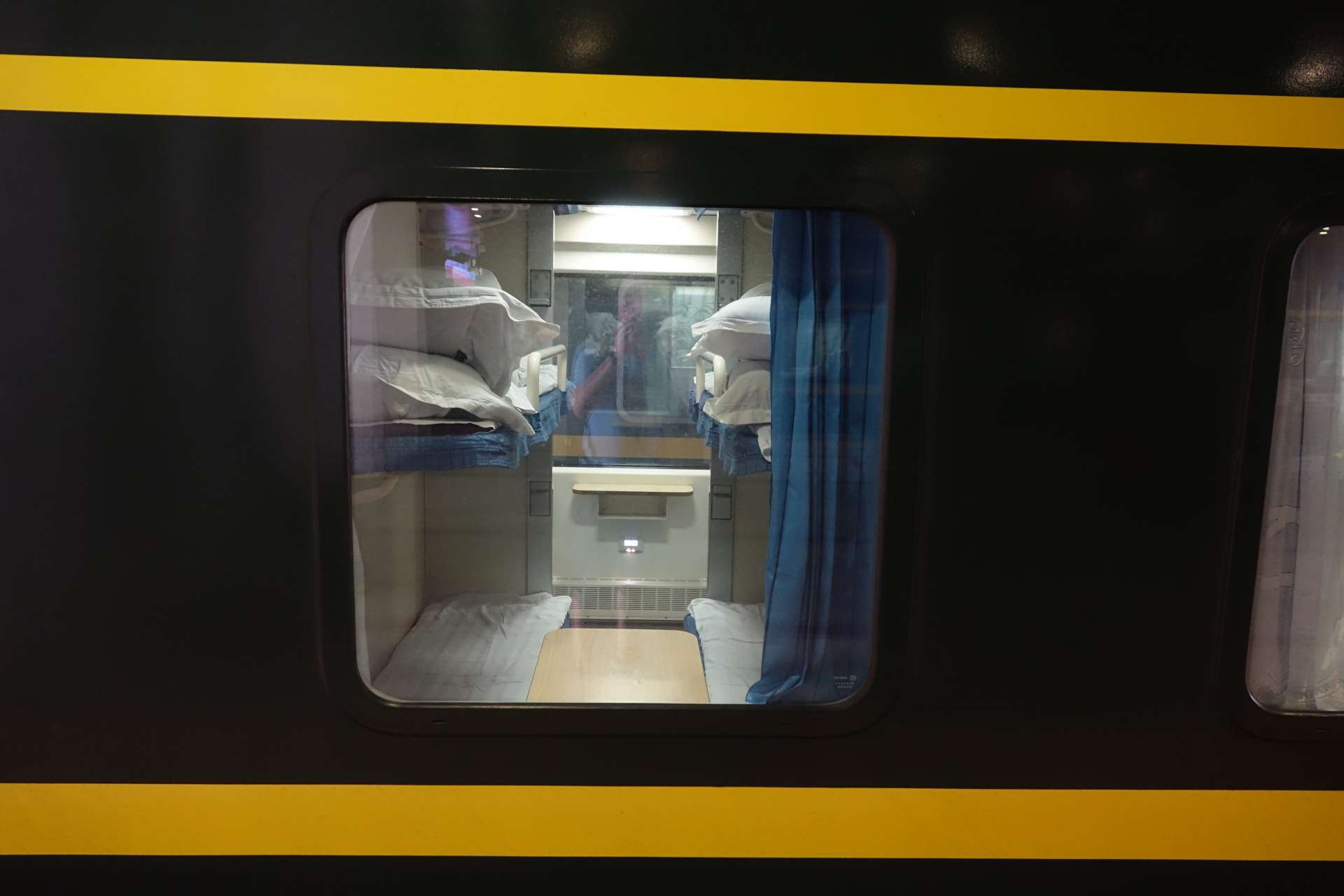
The compartments were comparable to European overnight trains in terms of facilities. I shared my 6-berth compartment with a family of 3 (mother with 2 children) and a couple. As it turned out, none of them spoke a word of English. Since I don't speak Chinese either, the question of what we could talk about was unnecessary. Our conversations were reduced to mutual smiles.
The train departed on time. While skyscrapers were still passing by outside the window, everyone started settling in and preparing dinner. Our guide instructed us that there would be hot water available in the train 24 hours a day, but we had to bring everything else ourselves. So we stocked up on water, snacks, and instant noodle soups during the shopping tour yesterday. And that's exactly what everyone had for dinner. At 22:00, the lights were turned off and it was time to sleep. To my surprise, I didn't sleep so bad that night. For breakfast, I could choose between noodle soup or a few crackers. I chose the crackers.
We arrived in Xining after 22 and a half hours. Here we had a 6-hour layover before our next train departed. We used this time to have something to eat and visit a museum. So at least time passed a little.
After all the personnel checks, we were able to take our train to Lhasa at 20:30.
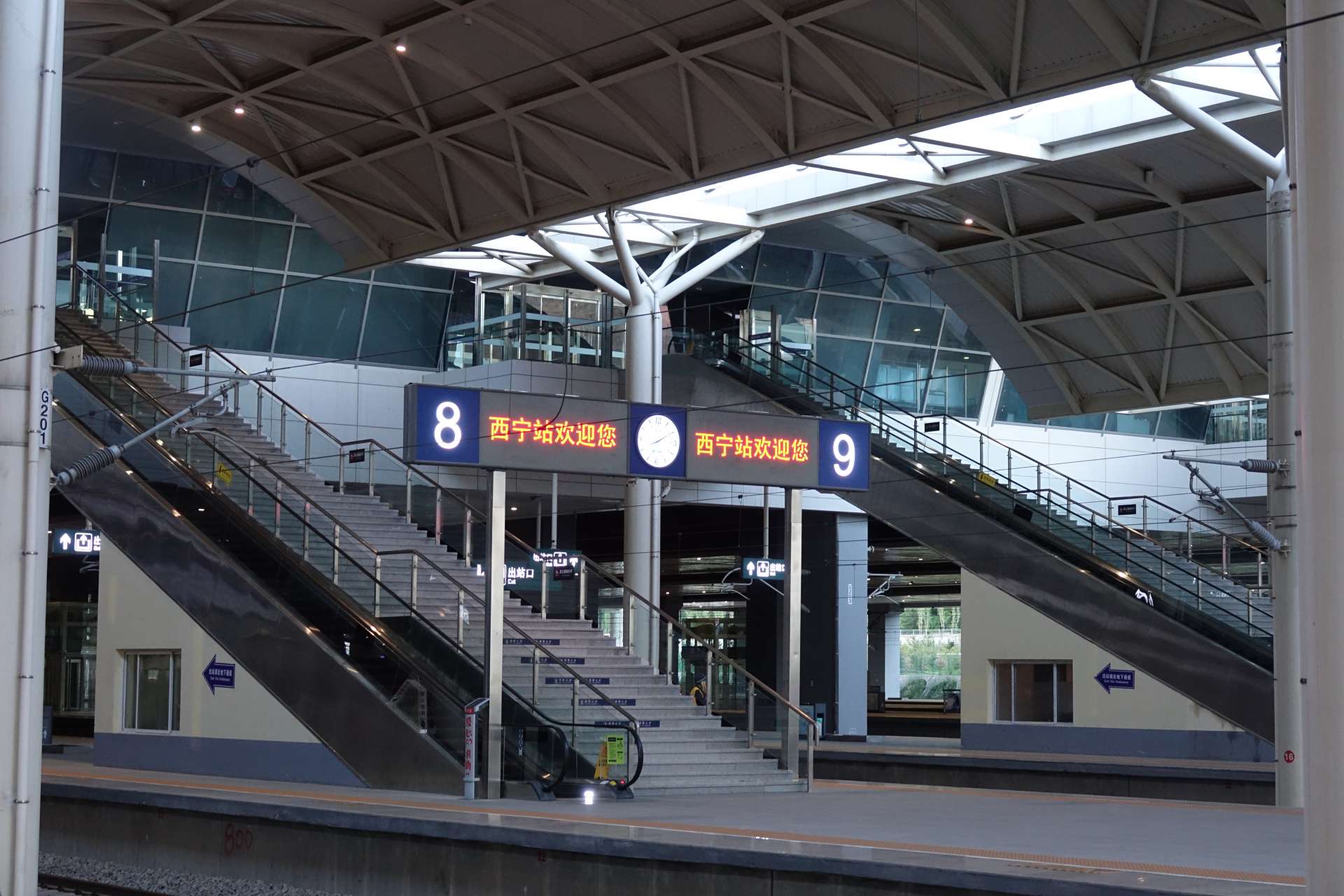
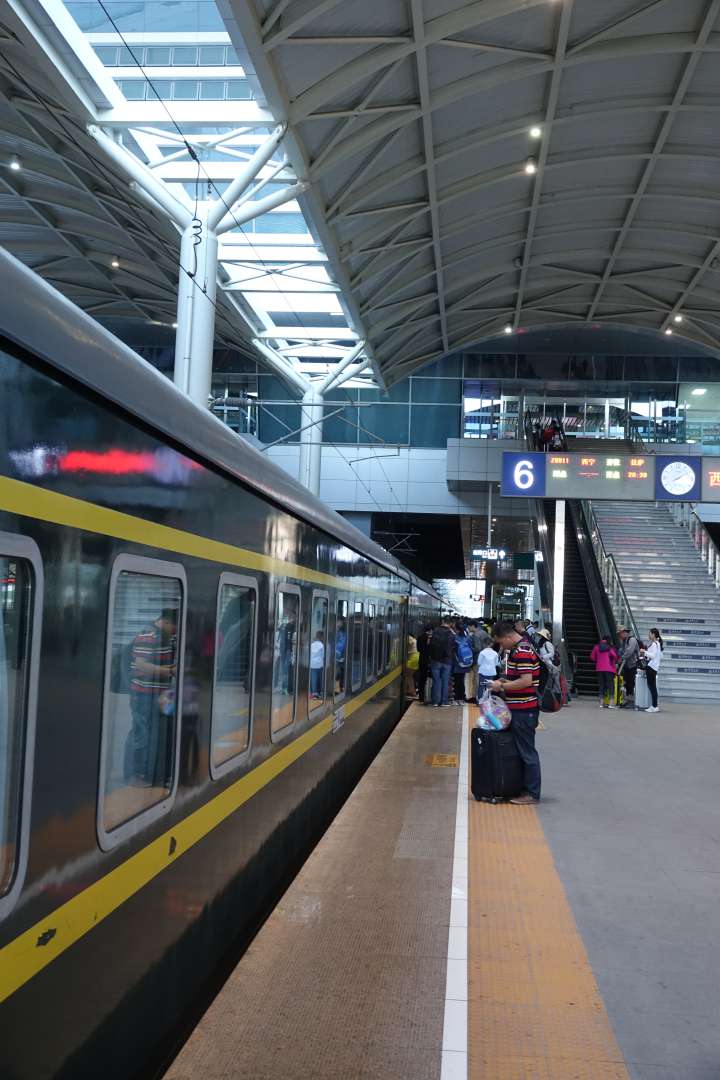
This train was just as crowded as the last one, so we were separated again. I was lucky enough to end up in a compartment with children again. And again, no one spoke a word of English. But what is special about these carriages is that all compartments have oxygen hoses to pump oxygen into the train. With this train, we cross a pass at an altitude of 5000 meters above sea level, and Lhasa itself is at an altitude of about 3800 meters above sea level. Oxygen is pumped into the carriages to prevent altitude sickness and make the journey more comfortable.

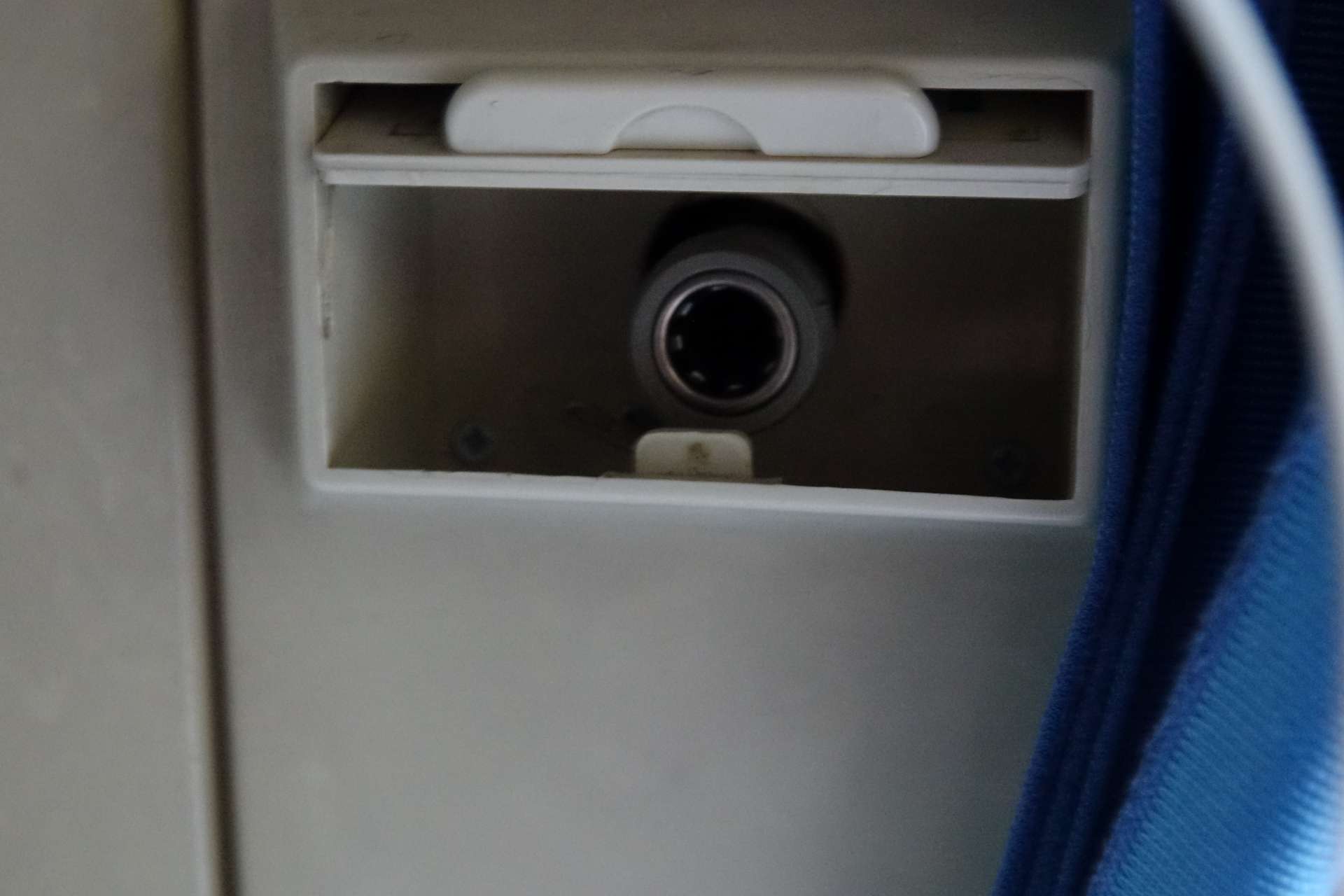
After eating my noodle soup, I tried to go to sleep. But I didn't sleep nearly as well as last night. As the landscape outside the window became more and more hilly and the first yaks appeared, I also had to pay the price for the altitude. I had mild headaches. 22 hours after leaving Xining, we arrived in Lhasa. After 50 hours of traveling, we were all glad to have finally arrived.
They say that you learn something about the character of a country and its people on a train journey. And here comes a big minus for the Chinese population. What I have seen in the last 50 hours has little to do with decency. Most travelers behaved quite thoughtlessly and selfishly. It starts with the use of mobile phones and ends with manners. It's okay to watch movies on your phone to pass the time, but there's this great invention called headphones. That way, you don't have to constantly overpower each other. Or when playing a game, you can do it without sound, maybe the whole compartment is not interested in hearing "Tong" or "push" every 2 seconds. The physical behavior was also quite creepy. Spitting on the floor, audibly sniffing up the snot every 10 minutes, farting, and burping. If something fell on the floor, it was usually just left there. So after a short time, the train looked like a chessboard. The sanitary facilities became something you only wanted to use in case of emergency. Standing in line is a foreign word. It's jostling, pushing, and shoving.
But the scenery passing by the window compensated for many things. It was very exciting to watch as the cities slowly disappeared and the mountains came more into focus.
In Lhasa, our passports were checked again, and then our local guide greeted us in a typical Tibetan way with a white scarf by putting it around our necks. After a 20-minute bus ride, we arrived at the hotel, where a shower and a clean toilet were waiting for us.
After dinner, we all quickly retreated to our rooms as we were all quite exhausted. But getting a restful sleep was not a topic for me. The altitude played a trick on me. I simply couldn't fall asleep, and my headaches got worse and worse. After a few hours, muscle aches joined in as well. Eventually, I managed to fall asleep, but I didn't fall into a really deep sleep. Let's see how tomorrow will be.
নিউজলেটাৰ চাবস্ক্ৰাইব কৰক
উত্তৰ
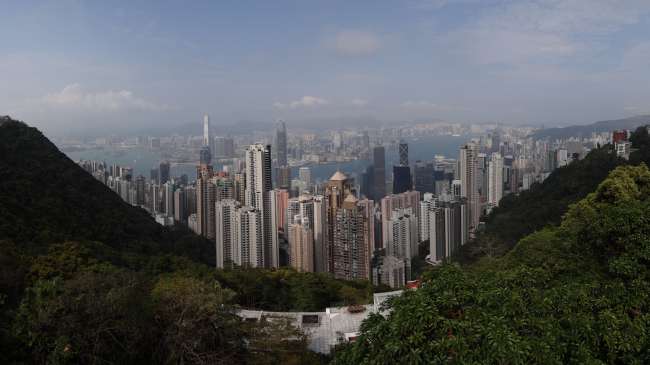
ভ্ৰমণৰ প্ৰতিবেদন চীন
